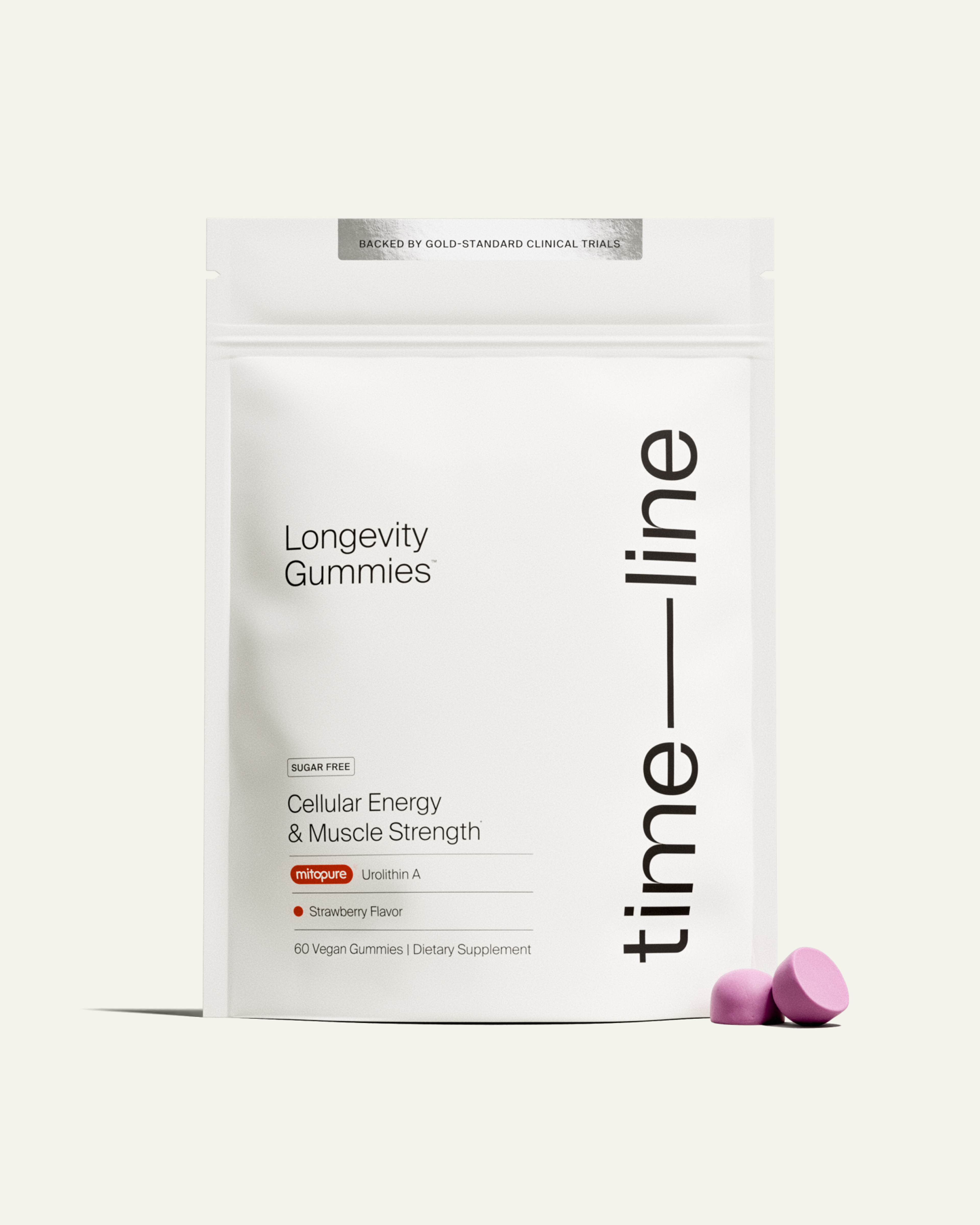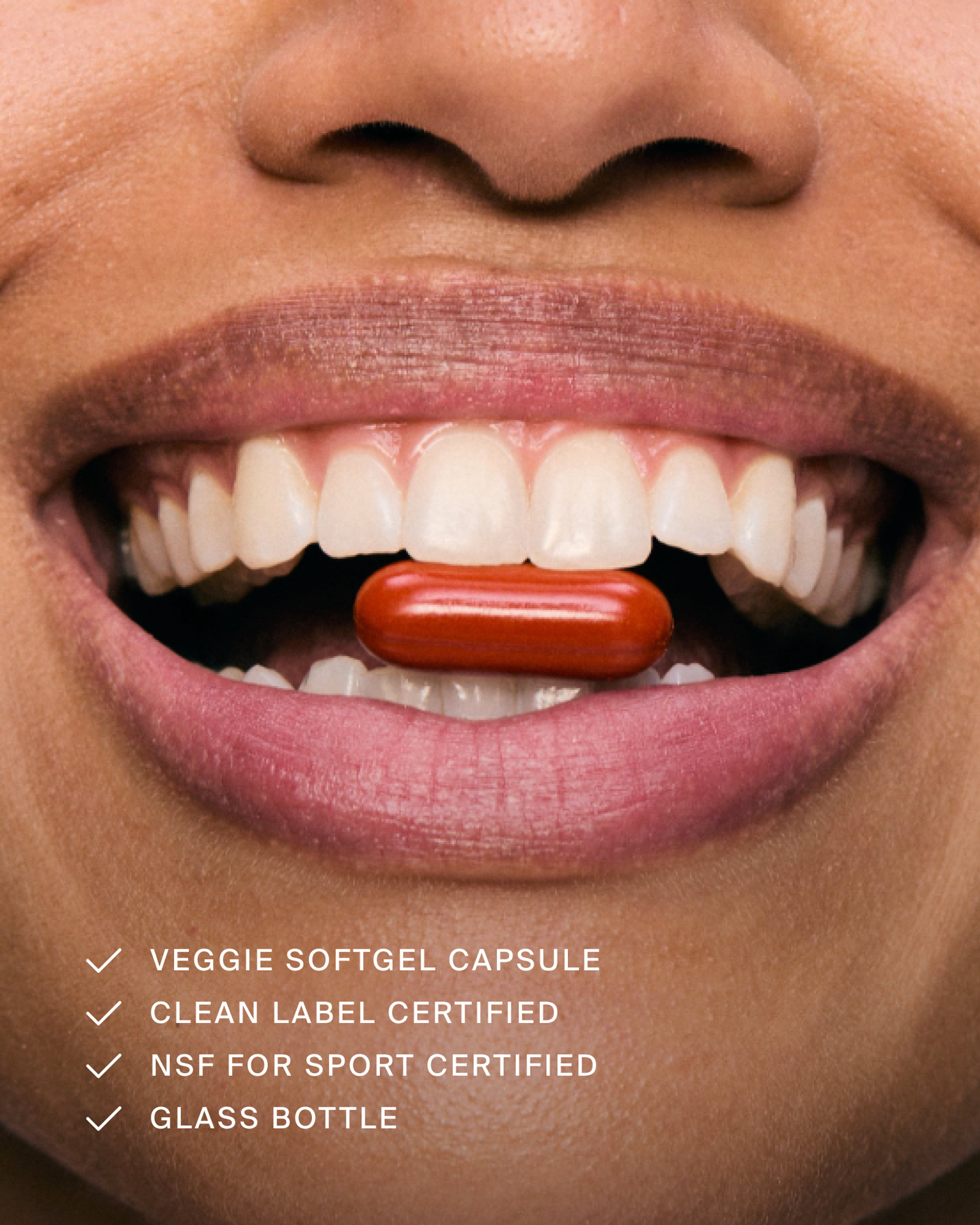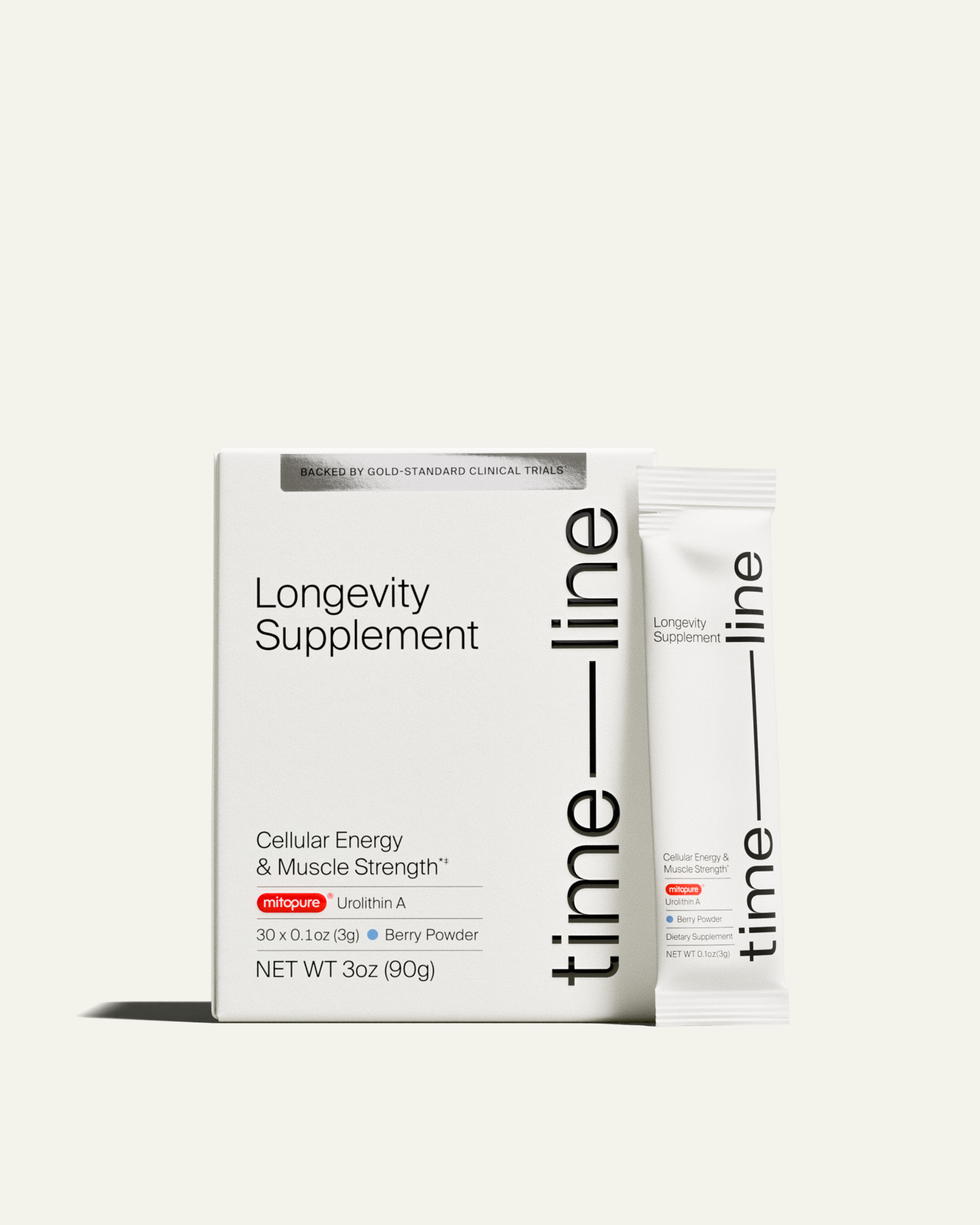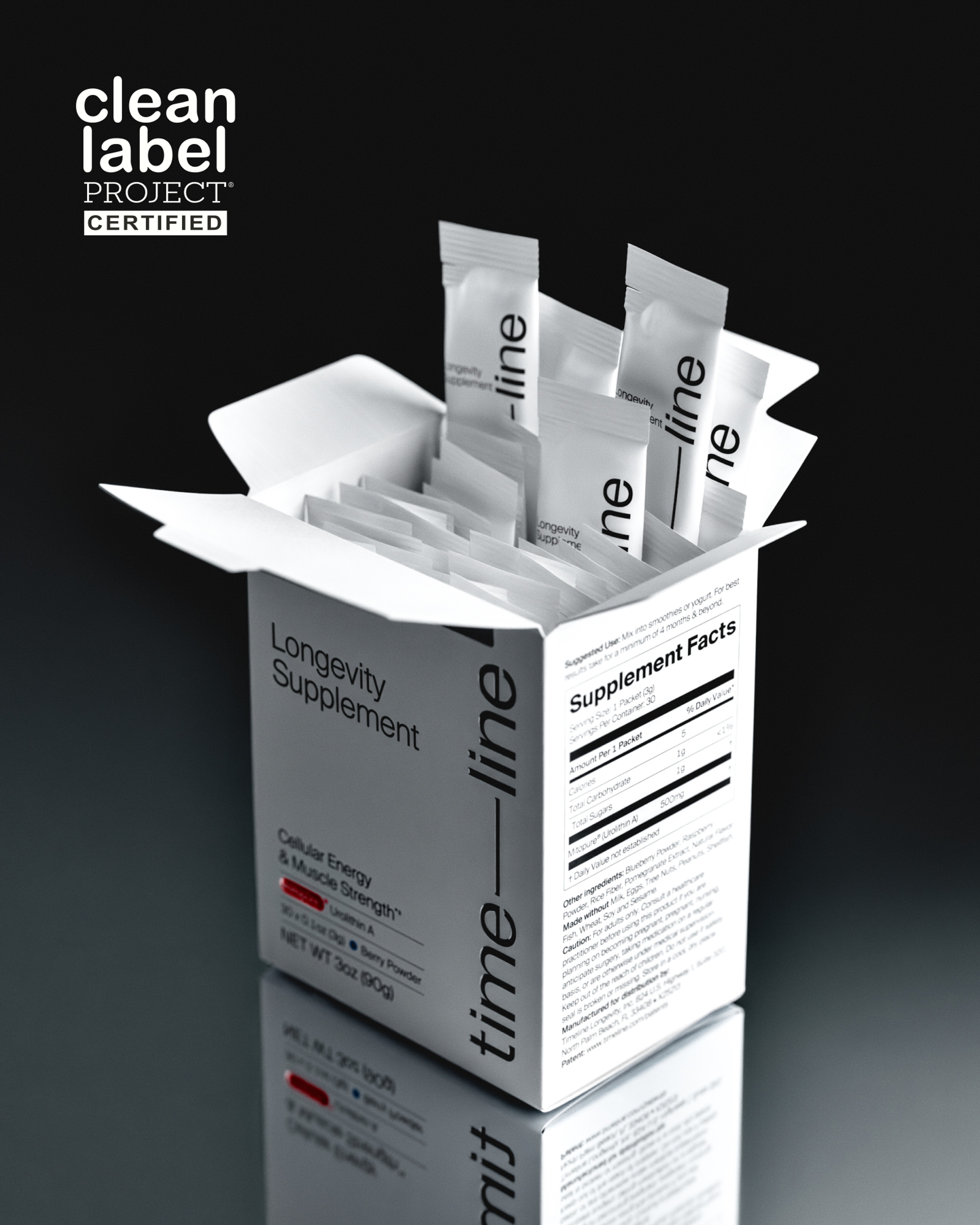Spermidine longevity benefits - pros, cons, and how it works
Spermidine is a substance originally found in semen seen to support longevity. Learn spermidine benefits and how to increase spermidine naturally.

What to know
Spermidine is a naturally occurring molecule found in many different types of cells in our body, that promotes autophagy, the process of cellular regeneration in the body, which may be its link to longevity.
Spermidine has some promising pre-clinical studies in animals and in vitro, but the clinical science is still too early to conclude it has meaningful health benefits for humans.
Studies done on spermidine differ in the source of the molecule, from synthetic forms to food-based forms. Additionally, the dosage and absorbability is different in many of the studies, making it difficult to ascertain if supplementation can provide an effective therapeutic dose to improve health.
Spermidine may have some side effects, especially when taken at high doses, including a link to increased risk of stroke in humans.
Urolithin A is the first compound that is clinically shown to activate mitophagy, is backed by 10 completed clinical studies, and is FDA GRAS (generally recognized as safe). Spermidine is not approved as a dietary supplement or food ingredient by the FDA.
It is widely known that a healthy diet, exercise, and lifestyle are core pillars of longevity. In addition to these essential habits, other longevity ingredients are making their way into mainstream health recommendations. One of these ingredients is called spermidine.
In this article, we’ll cover everything you need to know about spermidine, including:
- How it works and its benefits
- How to increase spermidine via food and/or supplements
- Side effects and safety profile
- Alternative longevity ingredients such as Urolithin A (UA)
What is spermidine?
Spermidine benefits are becoming all the rage - but what exactly is it?
Spermidine is a polyamine, a type of organic compound with many touted health benefits. While it holds many potential benefits, its most recent claim to fame is its researched role as a longevity ingredient in healthy aging.

Anton Van Leeuwenhoek
It was originally discovered in semen in 1678 by a Dutch scientist named Anton Van Leeuwenhoek. It is produced in the body naturally, but our levels naturally decrease with age.[1]
Even though it was initially found in male semen, it is also found in tissues throughout the body of both men and women.[2] It is also found in some plant-based foods that we eat, like cereal grains, some nuts, and some vegetables.
Spermidine provides important health benefits, particularly in the areas of cellular rejuvenation and longevity. It is produced from a precursor molecule called putrescine. It is also a precursor for another compound called spermine, which is equally important for proper cell function.

The potential health benefits of spermidine are wide-ranging, but more clinical research is needed to show it helps in:
- Reducing inflammation
- Decreasing cardiovascular disease and cancer risk
- Supporting fertility
- Delaying cognitive decline and aging.
Its role in delaying aging is its most researched benefit.
One of spermidine’s functions is to stimulate autophagy, a necessary process of removing old and damaged cells in the body.[3] Our ability to induce autophagy becomes less efficient over time, which can negatively impact our health and accelerate the aging process.[4]
How does spermidine induce autophagy?
Spermidine is one of the key players in generating autophagy, the process of cellular regeneration in the body. The process of generating autophagy is thought to be spermidine’s link to longevity.
It does this in a similar way to how calorie restriction and fasting lead to autophagy, which has been associated with improved longevity as well.
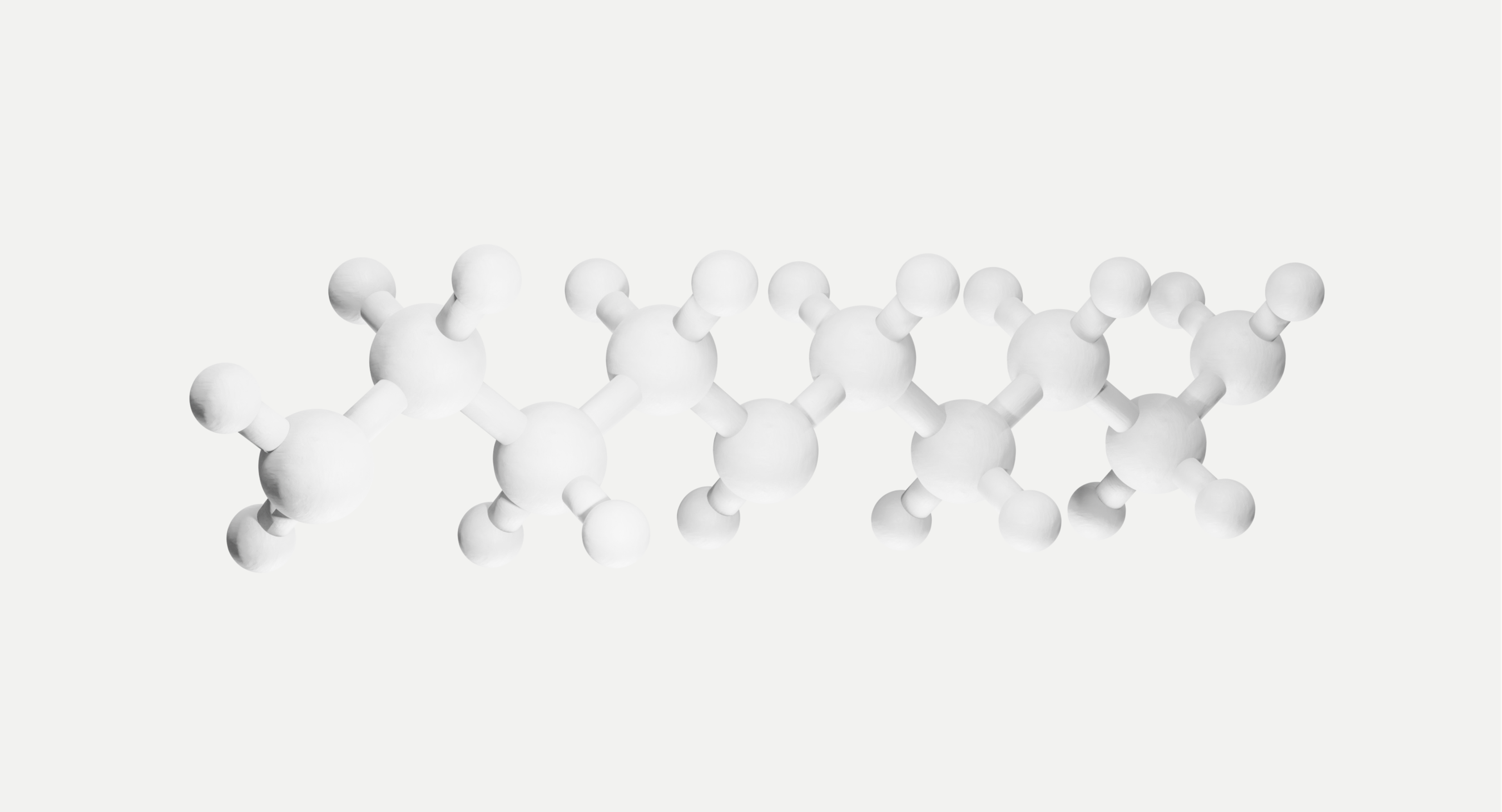
Spermidine molecule structure
Spermidine autophagy occurs via a reduction in an enzyme called EP300. This enzyme works to decrease autophagy under normal conditions. By working to reduce levels of this enzyme, spermidine can turn it off, so it does not try to suppress autophagy in the body.[5]
Autophagy and spermidine
The true definition of autophagy is “to eat oneself.” While this may sound bizarre, this is a necessary process to preserve our health. Our bodies have developed this process as a way to dispose of dysfunctional cells and recycle the usable parts into healthier cells. Our ability to induce autophagy naturally lessens as we age, and we need this process to rid our body of damaged cells and reduce the risk of disease.
Autophagy preserves our health at the cellular level and beyond - in the mitochondria. The mitochondria are the energy powerhouses of our cells, and supporting their function via ingredients like spermidine and Uroltihin A can preserve energy and support longevity.[6]
Spermidine induces autophagy, helping this process to occur more often to keep our cells functioning at their peak.
Why is autophagy important?
Autophagy is important because if it didn’t occur, damaged and outdated cells would remain in our body, increasing our risk of disease. When these damaged cells stick around for too long, it can lead to premature aging, cognitive decline, as well as chronic diseases like cardiovascular disease.
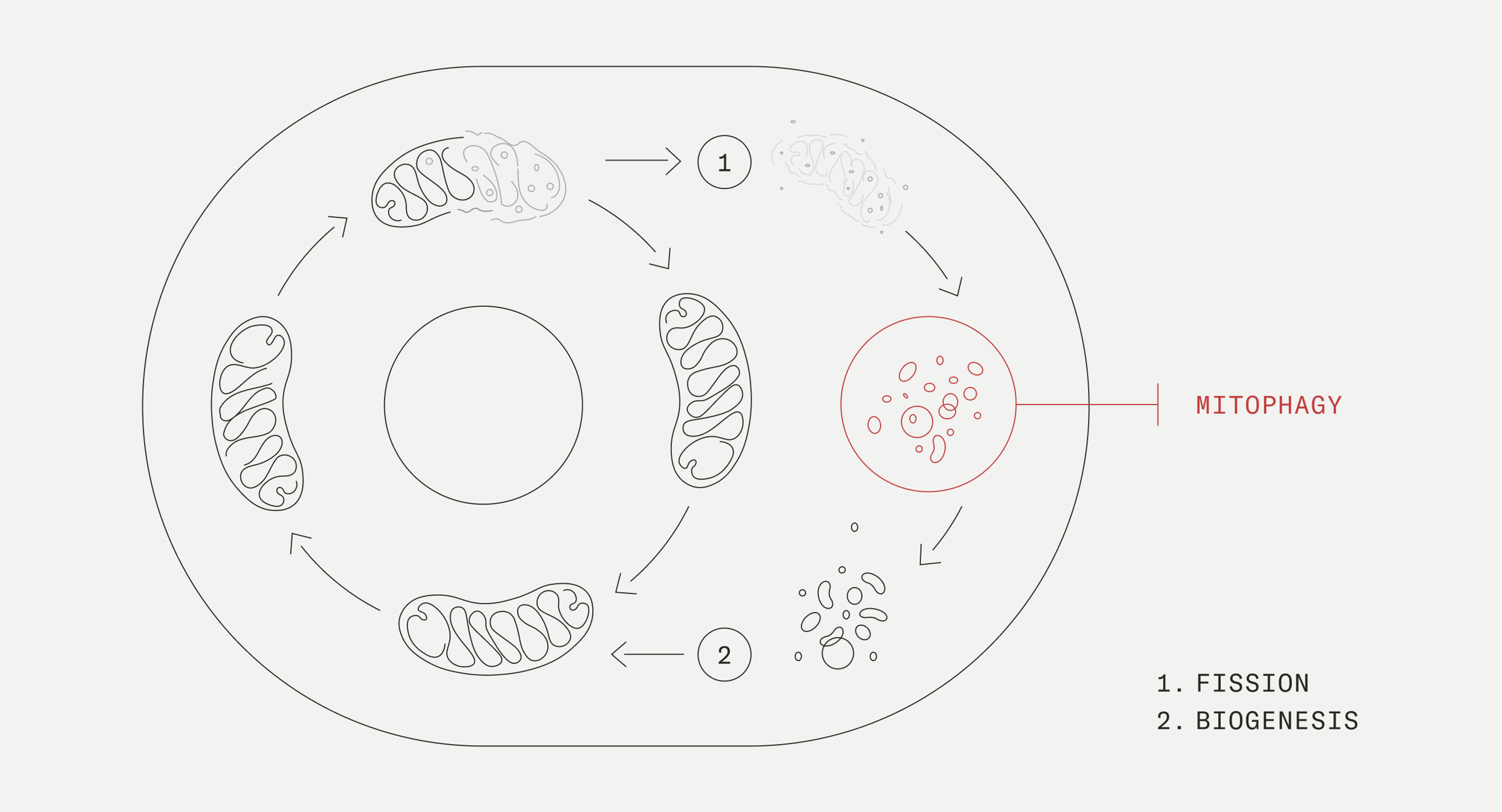
Spermidine’s anti-aging properties are due to its ability to support autophagy as we age. Without any sort of lifestyle intervention, our body becomes less able to stimulate autophagy effectively.
Because of spermidine and other newly discovered longevity ingredients such as Urolithin A and NAD+, physical and mental decline as you age is no longer inevitable.
What are the benefits of autophagy?
The benefits of autophagy have been seen in several studies. The induction of autophagy by spermidine may promote longevity in various ways, exerting multiple benefits.
Based on the research, these are the top benefits of autophagy:

1. Decreased oxidative stress
Oxidative stress occurs when the body contains an unhealthy number of harmful, unstable molecules called reactive oxygen species (ROS). This can occur when the body is exposed to environmental toxins and cannot remove these substances quickly enough.
The process of autophagy helps to reduce the level of oxidative stress in the body, helping our organs to function optimally to preserve health.
2. Improved metabolism
Autophagy also helps our body convert nutrients into energy more efficiently, thereby supporting a healthy metabolism. If our body wasn’t able to do this, then our metabolism could slow down. This is what often occurs as we get older if we aren’t careful.
A slow metabolism can trigger weight gain and fatigue because the energy production process in the body is not efficient.
By inducing autophagy, you are supporting your body’s ability to function at its best.
3. Increased elimination of waste products
Our bodies accumulate large amounts of waste every day from our metabolic processes and the environment. To keep our body functioning optimally, there needs to be a system to efficiently remove this waste regularly. Autophagy helps facilitate this system, allowing your body to rid itself of excess waste.
4. Decreased inflammation
Chronic inflammation is a risk factor for aging and age-associated diseases. Autophagy also helps our inflammatory cells that fight infection and disease do their job more effectively.[7]
5. Removal of damaged cells
Autophagy decreases inflammation by removing old and damaged cells and generating new ones that function more effectively. Those old damaged cells can cause disease over time, and removing them via autophagy helps decrease this disease risk.[8]
Spermidine is one of several longevity supplements seen to provide these benefits. These spermidine longevity benefits are becoming more well-known in the scientific community, as well as its other potential benefits to health.
Let’s review the biggest benefits that have been explored.
Spermidine benefits
The potential health benefits of spermidine range from supporting cardiovascular function, fertility, and delaying the aging process. Here are the top spermidine benefits.

1. Anti-aging
Spermidine anti-aging benefits have been seen in studies. It may provide this effect in part by reducing oxidative stress, generating autophagy, and renewed cell growth. Since spermidine levels tend to decrease over time, getting enough via food or supplements can prevent this decline with age.
One preclinical study showed long-term treatment with spermidine increased health span. However, this study was in rats and therefore may not produce the same results in humans.[9]
A study in mice showed spermidine may delay brain aging by inducing autophagy.[10] Because of this, some researchers refer to spermidine as an autophagy inducer. However, this cannot be confirmed until there are human trials that show this direct connection.
In regard to spermidine reducing oxidative stress, there is a possible link, but only rat or plant studies have been performed so far. For example, one study showed spermidine may alleviate oxidative damage, but this study tested UV-B stress from barley seedlings.[11]
2. Anti-inflammatory
In addition to generating autophagy, spermidine may also support longevity by reducing inflammation. Persistent inflammation associated with aging is called inflammaging, which can cause cells to become dysfunctional.
In preclinical lab trials, spermidine appears to reduce levels of inflammation, slowing down the aging of our cells and tissues. One of these preclinical trials shows promise, but it was tested in zebrafish and needs to be tested further to confirm it would do the same for humans.[12]
3. Regulates fat metabolism
In animal models, spermidine also helps regulate lipid (i.e., fat) metabolism in the body. This can reduce the amount of fat that accumulates in our tissues and organs, helping them to function at their best.[13]
4. Supports heart health
Pre-clinical studies have also shown spermidine’s role in cardiovascular disease prevention. In one study, spermidine was seen to improve cardiovascular function in aging mice.[14]
Intake of spermidine-containing foods has been linked to a reduced risk of cardiovascular disease and death. It is unclear if spermidine supplements would have the same impact.[15]
The research on spermidine and heart health is conflicting. For example, another study showed those with higher blood levels of spermidine had an increased risk of stroke.[16]
Because the results are not consistent, more research is needed to determine if it is safe to take a spermidine supplement specifically for cardiovascular benefits.
5. May improve fertility
One small human study showed men and women taking spermidine had lowered levels of the stress hormone cortisol, which may indirectly improve fertility.[17]
This study only involved 15 people, however, and thus larger studies are needed to prove spermidine directly impacts fertility.
6. May prevent cognitive decline
Recent research tested the potential for spermidine to improve cognition and mitochondrial function. One 3-month trial using a baked roll with wheat germ (3.3 mg of spermidine) showed improvements in cognitive performance for those with mild and moderate dementia.[18]
However, after a 12-month study, there were no significant benefits to cognition seen in those taking spermidine daily. This study used a plant extract of 750 mg (corresponding to approximately 0.9 mg spermidine, 0.5 mg spermine, 0.2 mg putrescine, <0.004 mg cadaverine, and 0.12 mg L-ornithine). The researchers concluded more studies were needed to confirm spermidine’s role in cognitive health.[19]
Spermidine vs. Urolithin A
Urolithin A (UA) is clinically shown to activate mitophagy and improve physiological endpoints that are meaningful for healthy aging, such as muscle strength and endurance, and the inflammatory marker CRP.
UA is a gut-derived metabolite from the breakdown of ellagic acid, an antioxidant found in plant foods such as pomegranates. Mitopure® is the first and only clinically tested highly pure Urolithin A supplement.
Mitopure optimizes health by stimulating mitophagy, a renewal process where dysfunctional mitochondria are removed and recycled into newer, healthier mitochondria. In human trials, supplementing with Mitopure resulted in improved cellular energy, increased muscle strength and endurance, and a reduction in inflammatory markers.[20]
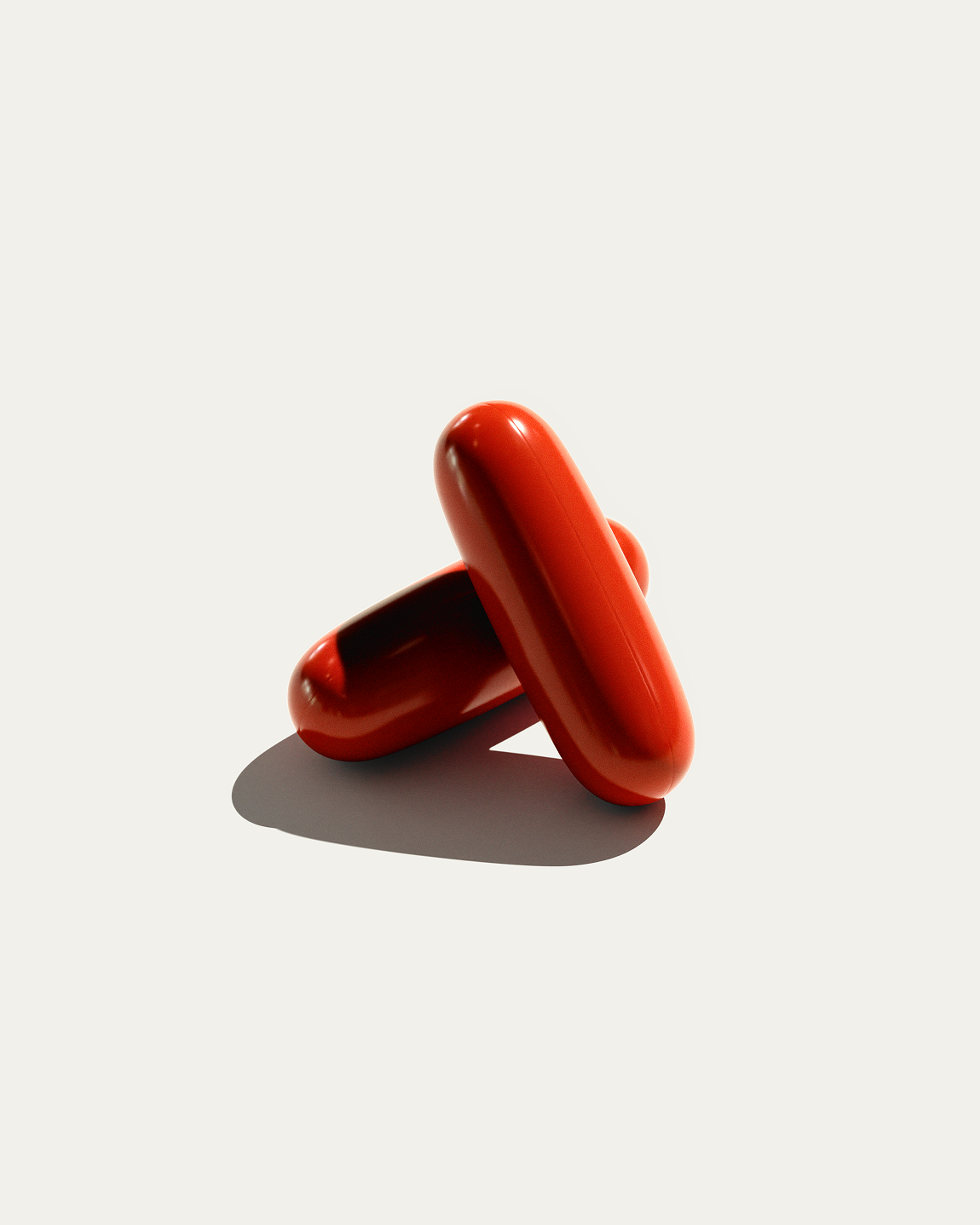
Mitopure Softgels
4.5 · 3724 reviews
The simplest form of Mitopure
We need a healthy gut to make Urolithin A. Our gut microbiome converts the polyphenol ellagic acid into UA upon digestion of foods that contain this molecule. Top food sources for Urolithin A include pomegranates, strawberries, walnuts, raspberries, and almonds.
However, the problem is that very few people have the right microbiome composition to produce adequate levels. A recent study showed that even if you did have the right gut microbiome, you would need to drink 6 glasses of pomegranate juice a day to get a therapeutic dose of UA. For this reason, it is a better bet to get your UA in supplement form to ensure you’re getting a pure UA dose.[21]
Spermidine side effects and safety
While there may be some important benefits, there are a few possible spermidine side effects to make note of. These side effects are more likely to occur with taking higher doses of spermidine, most often of which are found in supplement form.
Altered labs
One 3-month study involving mice tested the safety of taking spermidine supplements. They were seen to be well tolerated, and no side effects were seen.[22] However, another older study tested the safety of different amino supplements, including spermidine, in rats and found spermidine had several potential side effects.[23]
These side effects included decreased levels of creatinine, calcium, and phosphate in the blood. These are markers of kidney function and electrolyte balance in the body, and if they are altered, it could signify a health problem.
It’s important to keep in mind that both of these studies were conducted on rodents, and therefore the results may not be the same in humans.
Link to stroke risk
Another large observational study was done in humans that showed a link between higher blood levels of spermidine and an increased risk of stroke. More research is needed to determine the spermidine dose that may potentially increase this risk, but the safest bet is to consume a moderate amount naturally from foods versus a higher dose supplement.[24]
Pregnancy and nursing
Spermidine supplements have not been tested in pregnant or nursing women. If you are trying to conceive, are pregnant, or are nursing, speak to your doctor about the safety of spermidine supplements.
Gluten sensitivity
Many supplemental forms of spermidine are derived from wheat germ. As a result, there may be trace levels of gluten in these supplements. For people with celiac disease, wheat allergy, or a gluten sensitivity, it’s important to check labels and choose a gluten-free supplement.
Other than these few studies, there are limited studies to date on humans in regard to spermidine supplements and their general side effects. More studies are recommended to determine its safety profile in a higher dose form.
In any case, always speak to your doctor before starting spermidine supplements.
In regards to spermidine found naturally in foods, there is very little concern and no side effects have been reported.
Spermidine supplements vs food sources
While spermidine supplements are available, spermidine food sources are preferable as there are lower risks for side effects. In fact, many of the studies demonstrating the benefits of spermidine utilize food, not supplementation.
Many foods high in spermidine are also highly nutritious and pack additional health benefits.

Spermidine-rich foods are found in most plant-derived foods but are higher in a few specific foods.
- Wheat germ
- Cereals
- Soybeans
- Legumes
- Mushrooms
- Peas
- Cauliflower
- Broccoli
- Green Beans
- Spinach
- Hazelnuts
- Pistachios
Improve your longevity through improved cellular health
The state of your cellular health drives your overall health and risk of disease. Incorporating spermidine-rich foods into your diet such as wheat germ, cereal, soy, cruciferous veggies, nuts, legumes, and peas is one key way to improve your cellular health.
In addition, enjoying a balanced diet, exercising regularly, and consuming other longevity ingredients like Urolithin A may not only increase your healthspan but your overall health as well.
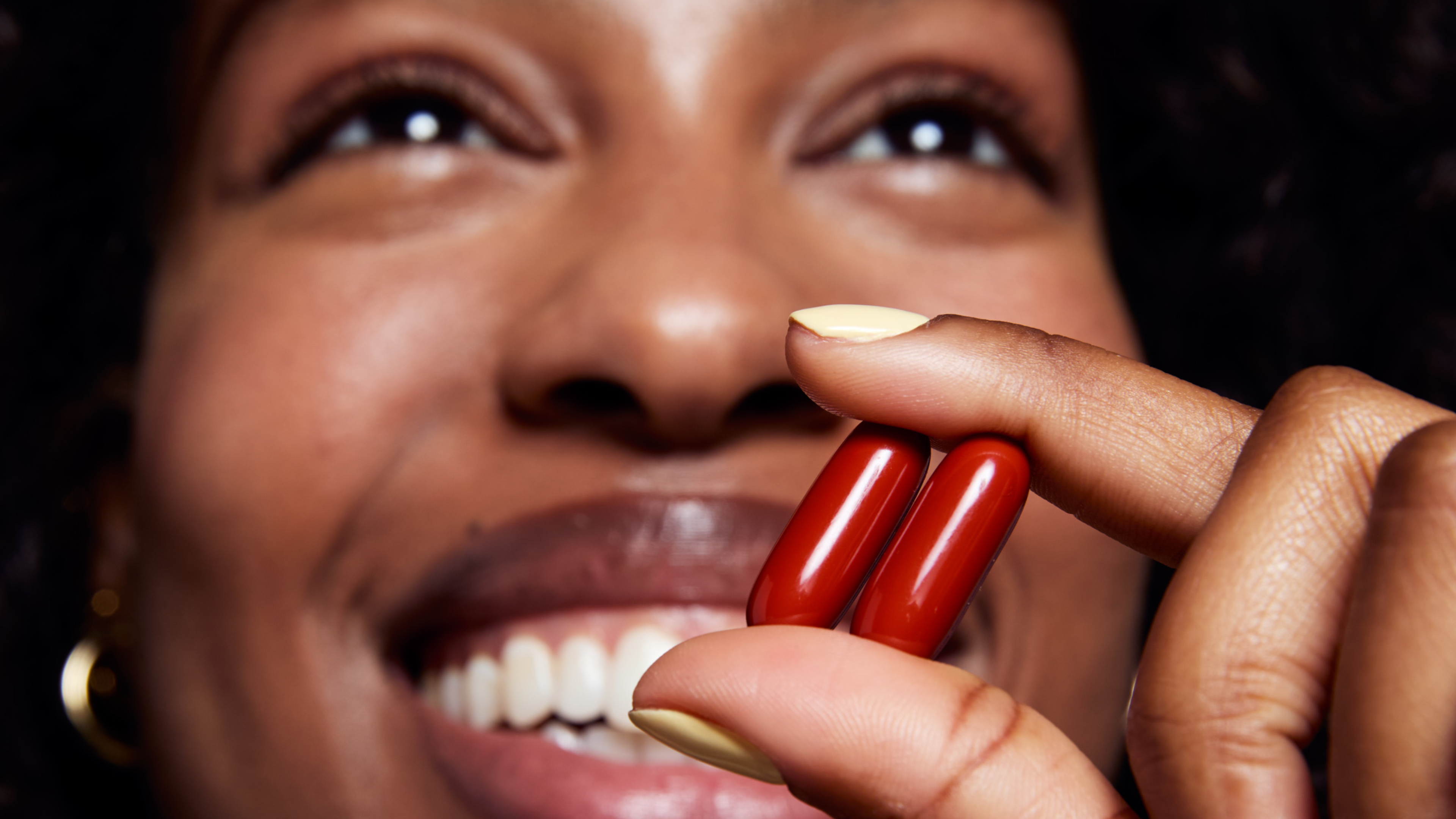
Adding a supplement like Mitopure® to your healthy lifestyle routine helps support optimal energy levels by further protecting your cells from age-associated decline. Learn more about Mitopure® and what our customers have to say, and ask your doctor how Mitopure may fit into your holistic routine.
Authors

Dietitian-Nutritionist, and Health Content Writer
References
- ↑
Ni YQ, Liu YS. New Insights into the Roles and Mechanisms of Spermidine in Aging and Age-Related Diseases. Aging Dis. 2021 Dec 1;12(8):1948-1963. doi: 10.14336/AD.2021.0603. PMID: 34881079; PMCID: PMC8612618.
- ↑
Ferioli ME, Pinotti O, Pirona L. Gender-related differences in polyamine oxidase activity in rat tissues. Amino Acids. 1999;17(2):139-48. doi: 10.1007/BF01361877. PMID: 10524272.
- ↑
Madeo F, Carmona-Gutierrez D, Kepp O, Kroemer G. Spermidine delays aging in humans. Aging (Albany NY). 2018 Aug 6;10(8):2209-2211. doi: 10.18632/aging.101517. PMID: 30082504; PMCID: PMC6128428.
- ↑
Barbosa MC, Grosso RA, Fader CM. Hallmarks of Aging: An Autophagic Perspective. Front Endocrinol (Lausanne). 2019 Jan 9;9:790. doi: 10.3389/fendo.2018.00790. PMID: 30687233; PMCID: PMC6333684.
- ↑
Pietrocola, F., Lachkar, S., Enot, D. et al. Spermidine induces autophagy by inhibiting the acetyltransferase EP300. Cell Death Differ 22, 509–516 (2015). https://doi.org/10.1038/cdd.2014.215 (https://doi.org/10.1038/cdd.2014.215)
- ↑
Pizzorno J. Mitochondria-Fundamental to Life and Health. Integr Med (Encinitas). 2014 Apr;13(2):8-15. PMID: 26770084; PMCID: PMC4684129.
- ↑
Qian M, Fang X, Wang X. Autophagy and inflammation. Clin Transl Med. 2017 Dec;6(1):24. doi: 10.1186/s40169-017-0154-5. Epub 2017 Jul 26. PMID: 28748360; PMCID: PMC5529308.
- ↑
Aman, Y., Schmauck-Medina, T., Hansen, M. et al. Autophagy in healthy aging and disease. Nat Aging 1, 634–650 (2021). https://doi.org/10.1038/s43587-021-00098-4 (https://doi.org/10.1038/s43587-021-00098-4)
- ↑
Filfan M, Olaru A, Udristoiu I, Margaritescu C, Petcu E, Hermann DM, Popa-Wagner A. Long-term treatment with spermidine increases health span of middle-aged Sprague-Dawley male rats. Geroscience. 2020 Jun;42(3):937-949. doi: 10.1007/s11357-020-00173-5. Epub 2020 Apr 13. PMID: 32285289; PMCID: PMC7287009.
- ↑
Xu TT, Li H, Dai Z, Lau GK, Li BY, Zhu WL, Liu XQ, Liu HF, Cai WW, Huang SQ, Wang Q, Zhang SJ. Spermidine and spermine delay brain aging by inducing autophagy in SAMP8 mice. Aging (Albany NY). 2020 Apr 8;12(7):6401-6414. doi: 10.18632/aging.103035. Epub 2020 Apr 8. PMID: 32268299; PMCID: PMC7185103.
- ↑
Xie C, Wang P, Gu Z, Yang R. Spermidine alleviates oxidative damage and enhances phenolic compounds accumulation in barley seedlings under UV-B stress. J Sci Food Agric. 2023 Jan 30;103(2):648-656. doi: 10.1002/jsfa.12176. Epub 2022 Aug 26. PMID: 36053964.
- ↑
Jeong JW, Cha HJ, Han MH, Hwang SJ, Lee DS, Yoo JS, Choi IW, Kim S, Kim HS, Kim GY, Hong SH, Park C, Lee HJ, Choi YH. Spermidine Protects against Oxidative Stress in Inflammation Models Using Macrophages and Zebrafish. Biomol Ther (Seoul). 2018 Mar 1;26(2):146-156. doi: 10.4062/biomolther.2016.272. PMID: 28365977; PMCID: PMC5839493.
- ↑
Ni YQ, Liu YS. New Insights into the Roles and Mechanisms of Spermidine in Aging and Age-Related Diseases. Aging Dis. 2021 Dec 1;12(8):1948-1963. doi: 10.14336/AD.2021.0603. PMID: 34881079; PMCID: PMC8612618.
- ↑
Chen Y, Guo Z, Li S, Liu Z, Chen P. Spermidine Affects Cardiac Function in Heart Failure Mice by Influencing the Gut Microbiota and Cardiac Galectin-3. Front Cardiovasc Med. 2021 Dec 2;8:765591. doi: 10.3389/fcvm.2021.765591. PMID: 34926616; PMCID: PMC8674475.
- ↑
Wu H, Wang J, Jiang H, Liu X, Sun X, Chen Y, Hu C, Wang Z, Han T, Sun C, Wei W, Jiang W. The association of dietary spermidine with all-cause mortality and CVD mortality: The U.S. National Health and Nutrition Examination Survey, 2003 to 2014. Front Public Health. 2022 Sep 28;10:949170. doi: 10.3389/fpubh.2022.949170. PMID: 36249217; PMCID: PMC9554131.
- ↑
Zheng L, Xie Y, Sun Z, Zhang R, Ma Y, Xu J, Zheng J, Xu Q, Li Z, Guo X, Sun G, Xing F, Sun Y, Wen D. Serum Spermidine in Relation to Risk of Stroke: A Multilevel Study. Front Nutr. 2022 Apr 7;9:843616. doi: 10.3389/fnut.2022.843616. PMID: 35464025; PMCID: PMC9021784.
- ↑
Bendera, R. and Wilson, L. (2019) The Regulatory Effect of Biogenic Polyamines Spermine and Spermidine in Men and Women. Open Journal of Endocrine and Metabolic Diseases, 9, 35-48. doi: 10.4236/ojemd.2019.93004 (https://doi.org/10.4236/ojemd.2019.93004).
- ↑
Pekar, T., Bruckner, K., Pauschenwein-Frantsich, S. et al. The positive effect of spermidine in older adults suffering from dementia. Wien Klin Wochenschr 133, 484–491 (2021). https://doi.org/10.1007/s00508-020-01758-y
- ↑
Schwarz C, Benson GS, Horn N, Wurdack K, Grittner U, Schilling R, Märschenz S, Köbe T, Hofer SJ, Magnes C, Stekovic S, Eisenberg T, Sigrist SJ, Schmitz D, Wirth M, Madeo F, Flöel A. Effects of Spermidine Supplementation on Cognition and Biomarkers in Older Adults With Subjective Cognitive Decline: A Randomized Clinical Trial. JAMA Netw Open. 2022 May 2;5(5):e2213875. doi: 10.1001/jamanetworkopen.2022.13875. PMID: 35616942; PMCID: PMC9136623.
- ↑
D'Amico D, Andreux PA, Valdés P, Singh A, Rinsch C, Auwerx J. Impact of the Natural Compound Urolithin A on Health, Disease, and Aging. Trends Mol Med. 2021 Jul;27(7):687-699. doi: 10.1016/j.molmed.2021.04.009. Epub 2021 May 21. PMID: 34030963.
- ↑
D'Amico D, Andreux PA, Valdés P, Singh A, Rinsch C, Auwerx J. Impact of the Natural Compound Urolithin A on Health, Disease, and Aging. Trends Mol Med. 2021 Jul;27(7):687-699. doi: 10.1016/j.molmed.2021.04.009. Epub 2021 May 21. PMID: 34030963.
- ↑
Schwarz C, Stekovic S, Wirth M, Benson G, Royer P, Sigrist SJ, Pieber T, Dammbrueck C, Magnes C, Eisenberg T, Pendl T, Bohlken J, Köbe T, Madeo F, Flöel A. Safety and tolerability of spermidine supplementation in mice and older adults with subjective cognitive decline. Aging (Albany NY). 2018 Jan 8;10(1):19-33. doi: 10.18632/aging.101354. PMID: 29315079; PMCID: PMC5807086.
- ↑
Til HP, Falke HE, Prinsen MK, Willems MI. Acute and subacute toxicity of tyramine, spermidine, spermine, putrescine and cadaverine in rats. Food Chem Toxicol. 1997 Mar-Apr;35(3-4):337-48. doi: 10.1016/s0278-6915(97)00121-x. PMID: 9207896.
- ↑
Zheng L, Xie Y, Sun Z, Zhang R, Ma Y, Xu J, Zheng J, Xu Q, Li Z, Guo X, Sun G, Xing F, Sun Y, Wen D. Serum Spermidine in Relation to Risk of Stroke: A Multilevel Study. Front Nutr. 2022 Apr 7;9:843616. doi: 10.3389/fnut.2022.843616. PMID: 35464025; PMCID: PMC9021784.
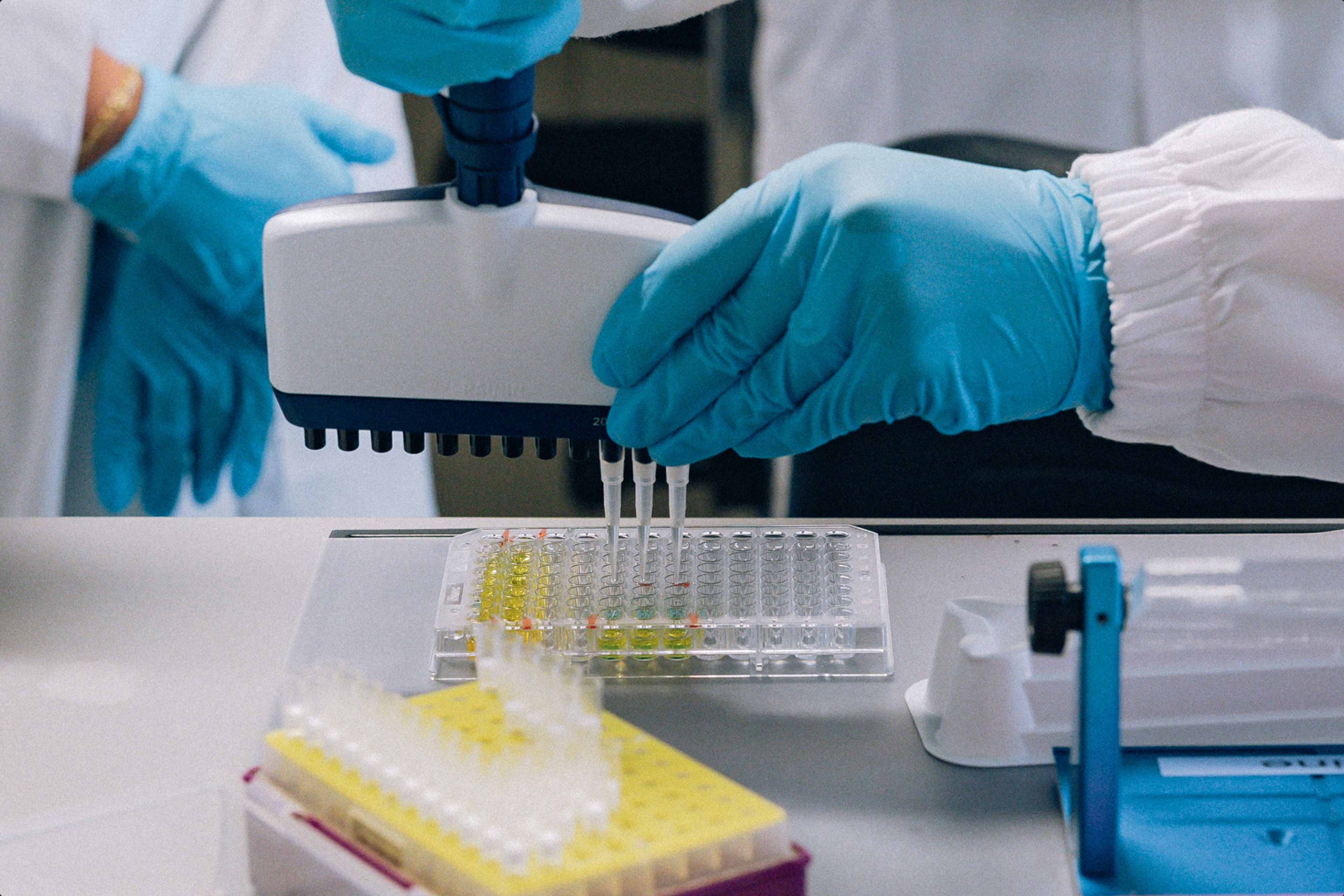
·
Nutrition·
Studies·
